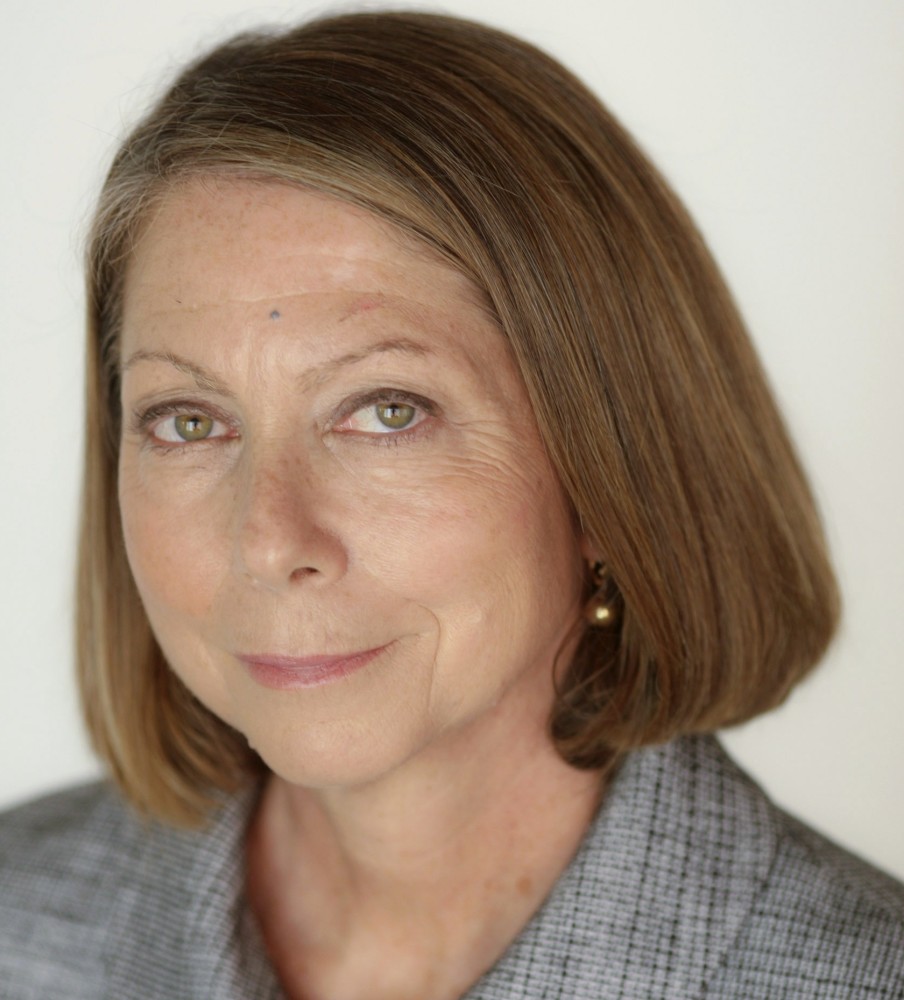By Julia Love
San Jose Mercury News.
SANTA CLARA
Leading women in politics, fashion, media and technology gathered Tuesday in Silicon Valley to discuss how to drive equality for women in the workplace, descending on what has become a key front in the global gender debate.
A sea of women from tech companies ranging from Cisco Systems to GoPro flooded the Santa Clara Convention Center to hear from high-profile leaders calling for better representation. Former Secretary of State Hillary Clinton, who is widely expected to announce a presidential campaign later this year, was the biggest draw at the conference hosted by Watermark, a group that advocates for women in the workforce — and her message did not disappoint.
“You bump your heads on the glass ceilings that persist in the tech industry,” she said to a receptive audience. “It’s time to think different.”
The event, which drew a crowd of 5,000, featured prominent names from outside the political sphere, including fashion designer Diane von Furstenberg, former New York Times executive editor Jill Abramson and Rosalind Hudnell, Intel’s chief diversity officer.
As songs like “Man! I feel like a woman” and “Girls just want to have fun” echoed throughout a cavernous auditorium, women came together to assess gains they have made in the workplace and brainstorm how to close the gender gaps in leadership and pay that persist.
The conference came amid a greater push in the tech industry for transparency about diversity, with a wave of valley companies opening up for the first time last year about the makeup of their work forces. Though the firms revealed ranks that were mostly white and male, the disclosures were an important step in correcting the problem, Intel President Renee James said. She urged more companies to follow suit.
“Force this discussion into the light,” she said. “It’s a competitive issue for our industry and one that we have to make progress on.”
During a panel moderated by tech journalist Kara Swisher, several women lamented that progress in the workplace was coming too slowly.
Abramson said she fears that American women who won the right to vote in 1920 would be disappointed by the present state of affairs.
“In some ways, being less satisfied and a little angrier is where we need to be right now,” she said.
She mentioned her daughter, a surgeon who wants to have a family but is concerned about balancing work and home life. The U.S. must address several key policy issues, such as child care, to level the playing field for women at work, Abramson said.
“How is this going to get done?” she asked. “Politically, it doesn’t seem that in Washington we can expect anything too hopeful any time soon.”
Jessica Herrin, CEO of jewelry company Stella & Dot, said workplace cultures must be reformed to emphasize flexibility, with happiness as the barometer of success.
“Women feel like they have to take one for the team, and then they get there and they’re miserable,” she said.
But high-level positions count. Women cannot drive gains in the workplace without more seats in the boardroom, Hudnell said. But she cautioned against overlooking the role men can play by taking a stand against inequity.
“We are educating men to say no,” she said. “There’s just a whole lot of them to educate.”














































































































































































































































































































































































